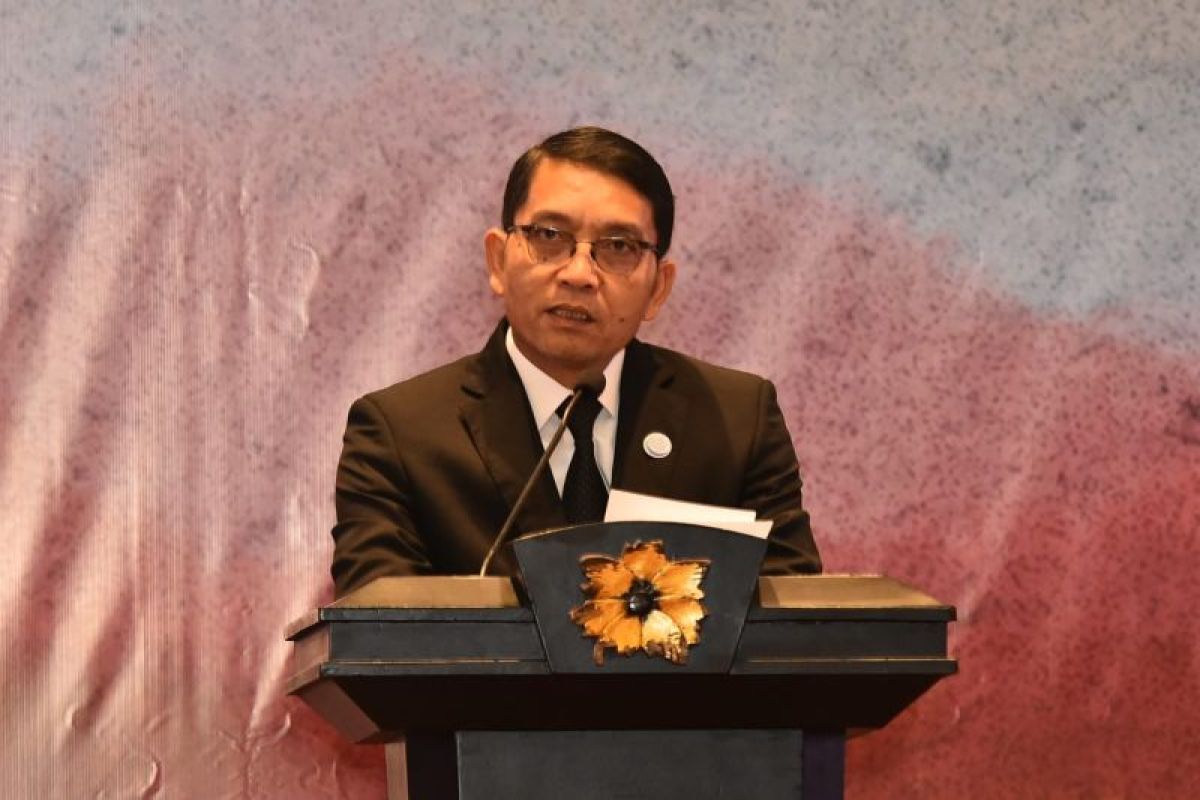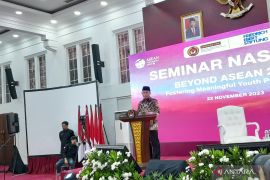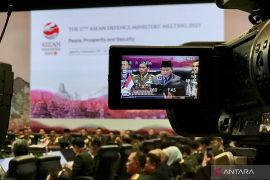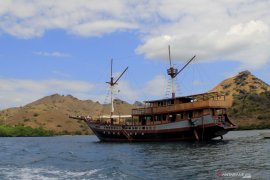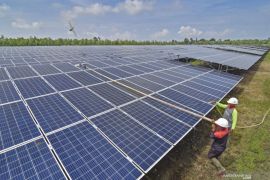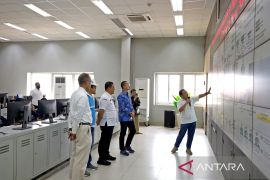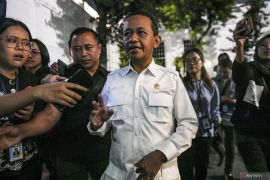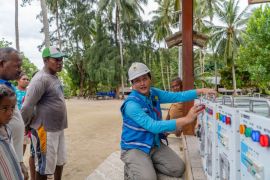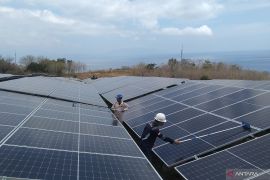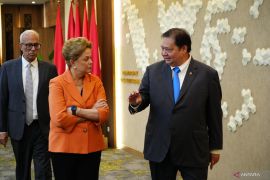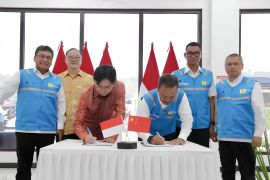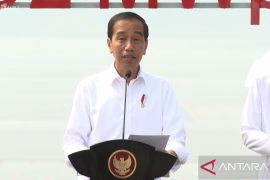The 2023 SAYEF is being held as part of the 41st ASEAN Ministers on Energy Meeting (AMEM) and a result of collaboration between the Indonesian Energy and Mineral Resources (ESDM) Ministry and the United States Agency for International Development (USAID).
According to the ministry's Secretary General Dadan Kusdiana here Friday, the forum demonstrates the ministry's commitment to involving youths in the efforts to develop the clean energy sector in Southeast Asia and the surrounding regions.
Kusdiana also explained that the discussion regarding the three pillars is essential to tap into the new and renewable energy (EBT) potential amounting to 17 thousand gigawatts in Southeast Asia.
"This amount constitutes a valuable capital for ASEAN in its efforts to endorse energy transition, with the goal of achieving the net-zero carbon emissions (NZE) by 2060 or sooner," he stated during the opening of the 2023 SAYEF on Thursday (August 24).
In his opening remarks, he also noted that the Association of Southeast Asian Nations (ASEAN), currently chaired by Indonesia, has issued the ASEAN Plan of Action for Energy Cooperation (APAEC).
The APAEC aims to achieve the target of using 23 percent EBT in the primary energy mix and 35 percent EBT for power plants by 2035, he remarked.
Young delegates from ASEAN member countries and several other countries are attending the 2023 SAYEF to exchange experiences and outlooks that are expected to help the bloc optimize its new and renewable energy.
Director of the Environment Office of the USAID Indonesia Brian Dusza underscored the importance of inviting youths to actively partake in formulating solutions aimed at addressing challenges related to energy and realizing sustainable energy resilience in the Southeast Asian region.
"I look forward to witnessing the continuation of collaboration between the US and Indonesia as well as other ASEAN countries in the hopes of increasing the involvement of youth leadership in driving the region to transition to the use of eco-friendly energy," he remarked.
At the forum, young delegates conveyed their views on the development of clean energy, including M. Rauf, a delegate from Indonesia.
Rauf highlighted the need for ASEAN and its partners to create "green jobs", more equitable funding mechanism and distribution, and encourage youths to collaborate in the energy sector.
A similar statement was made by Japanese delegate Mastsuda Aikihasa, saying that ASEAN and its partners need to optimize and update technology by paying greater attention to the roles of startup companies to reach the NZE target.
Meanwhile, delegate from the Philippines Mark Devon underscored the importance of empowering youths and those belonging to vulnerable groups to transition to EBT.
Furthermore, a Malaysian delegate Jeevaneswaran Muthukumar pushed stakeholders to optimize the use of rainwater, build energy-efficient buildings, and promote reforestation.
Delegates from China and the United Arab Emirates; representatives from Indonesian ministries, agencies, and state-run companies; as well as representatives from international organizations also expressed their opinions at the 2023 SAYEF.
The ideas put forth at the forum will be outlined during the Minister-CEO and International Organizations (IOs) Dialogue that will be chaired by Energy and Mineral Resources Minister Arifin Tasrif on Friday.
The 2023 SAYEF, a breakthrough in the holding of an AMEM, encompasses a series of activities, including a youth dialogue as the opening session on Thursday.
On Friday, the forum continues by featuring a talk show and sharing session at Udayana University, while on Saturday, the last day of the forum, the young delegates will participate in a field trip to Keliki, a village assisted by state-owned oil and gas giant Pertamina.
Related news: ESDM Ministry, ACE campaign for green transportation at ASEAN Forum
Related news: Indonesia does not intervene in energy transition scheme in ASEAN
Translator: Kelik D, Tegar Nurfitra
Editor: Rahmad Nasution
Copyright © ANTARA 2023
